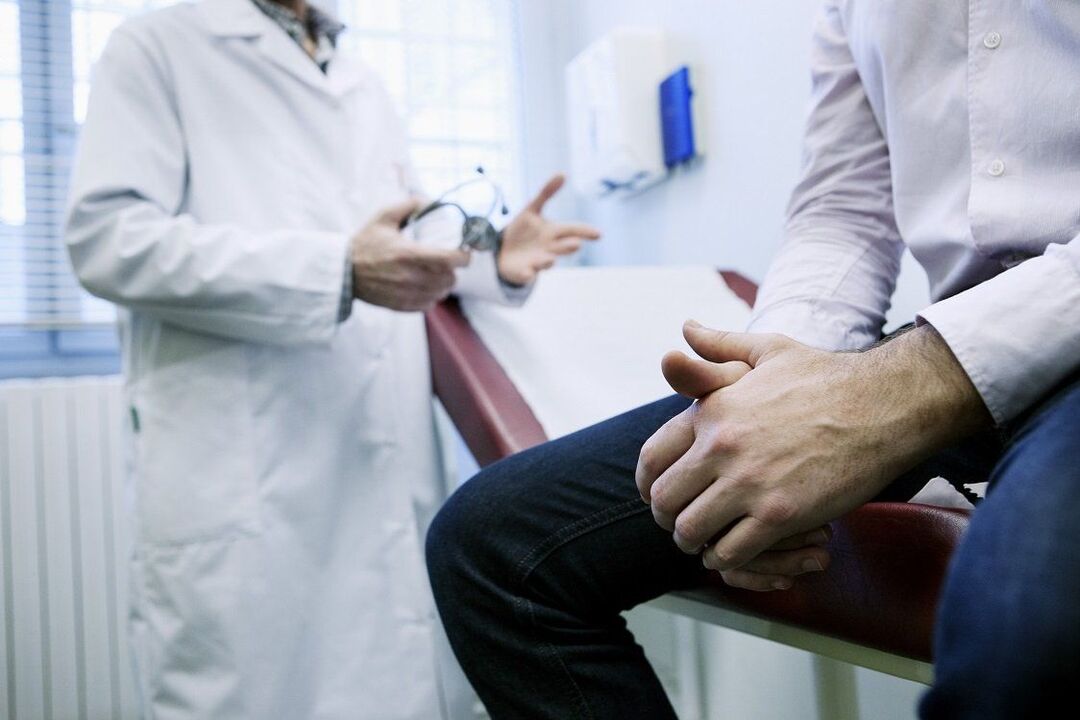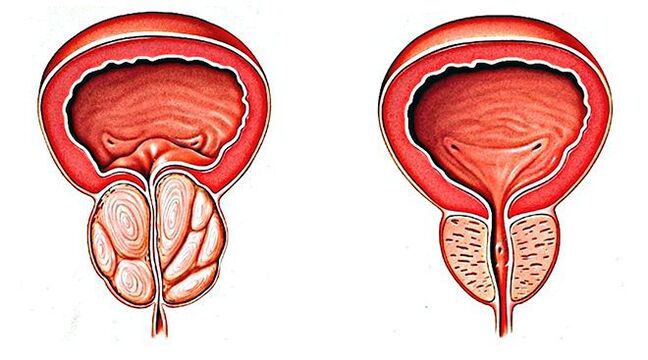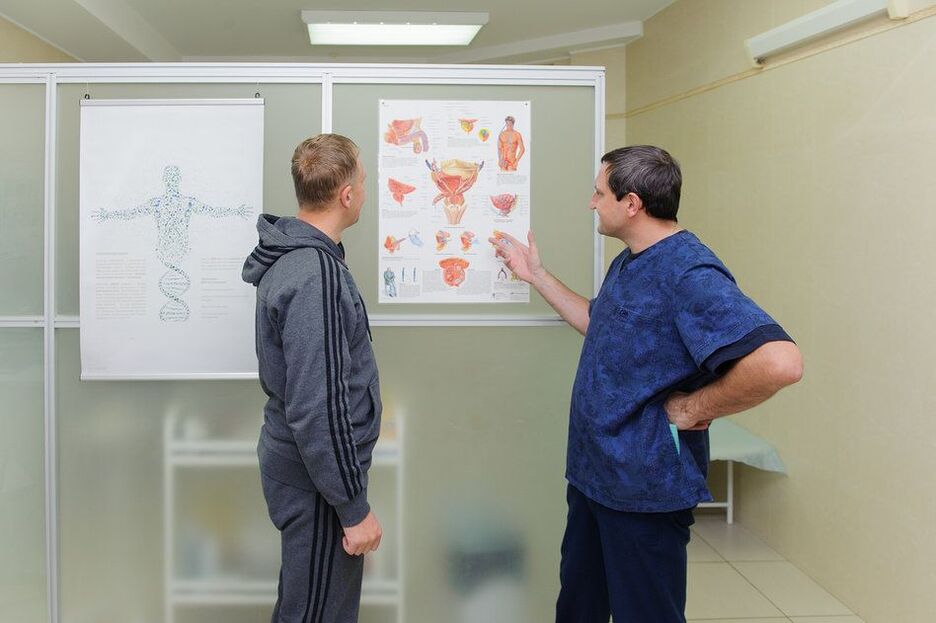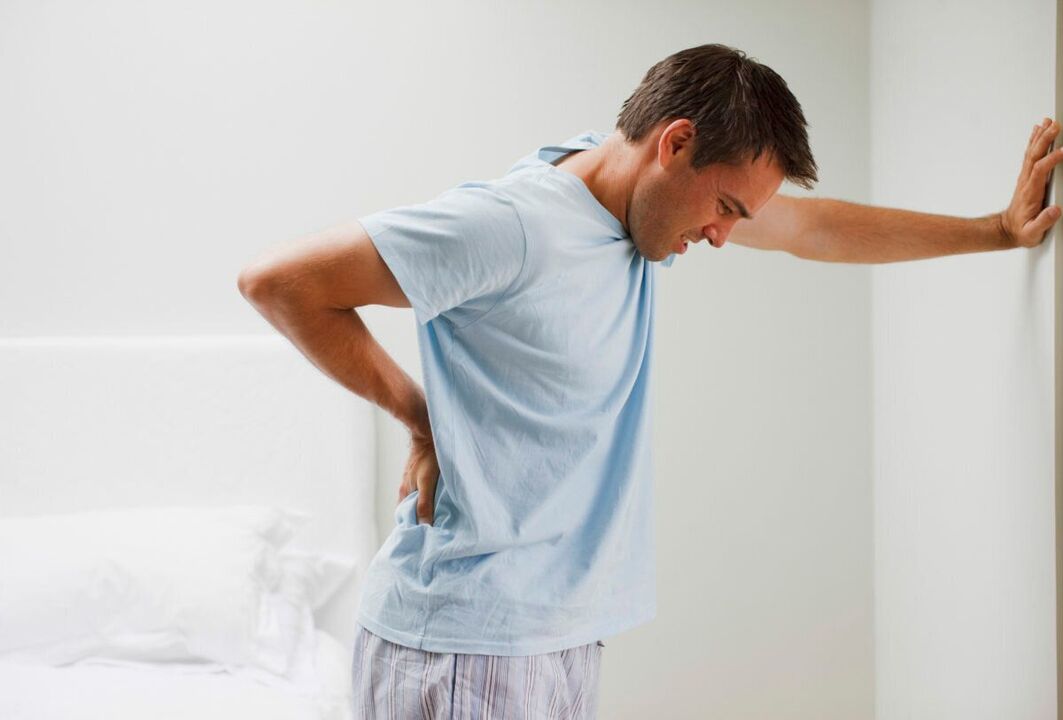
- A comprehensive consultation with a urologist;
- Use modern equipment for diagnosis;
- Get tested and analyzed cheaply;
- Counseling support is provided at all stages of treatment, from the first appointment to the patient's full recovery.
Even advanced chronic prostatitis can be treated! Make an appointment with an expert using the convenient form on the website, or ask questions over the phone.
Chronic prostatitis, classification
- contagious- Develops due to harmful effects of microorganisms
- non-infectious or stagnant- Due to pelvic congestion (ejaculation, prostatic secretion or venous blood stagnation)
Causes of chronic prostatitis
- Lack of physical activity is a direct route to impaired blood supply to the pelvic organs due to congestion;
- Unhealthy diet, greasy food, alcohol abuse, smoking;
- Frequent restrictions or interruptions during sexual intercourse (e. g. , to avoid unwanted pregnancy of the partner);
- Urogenital infections due to poor personal hygiene or infection through a partner;
- The body is often hypothermic;
- Decreased immunity, constipation, inflammatory phenomena in the body, including upper respiratory tract diseases;
- Endocrine diseases, hormonal imbalance;
- A surgical procedure performed on the pelvic organs.
Symptoms of chronic prostatitis
- Persistent pain in the perineum, radiating to the anus, lower back, and inner thighs;
- erectile dysfunction;
- Premature ejaculation, unresponsiveness during and after sexual intercourse;
- Frequent urination (more than twice), especially at night;
- Continuous feeling of incomplete bladder emptying and "sluggish flow".

- Acute Bacteria-Type I;
- Chronic bacteria-type II;
- nonbacterial chronic - type III, (with inflammation - IIIa, without inflammation - IIIb);
- Asymptomatic - Type IV.
Diagnostic Methods of Chronic Prostatitis
Only after making an accurate diagnosis will the doctor decide how to treat this particular case of chronic prostatitis.
Treatment of chronic prostatitis

- initial position- Stand with your feet shoulder-width apart and cross your hands behind your head. As you inhale, squat down and spread your knees as far to the sides as possible, and as you exhale, assume the starting position.
- stand still, take turns lifting your legs, bending your knees, and trying to reach your chin.
- Sitting on a small ball on the floor, stretch your legs, rest your hands, and assume a comfortable position. Use the muscles of your buttocks and genitals to roll the ball and use them in circular motions.
- lie on your back, place the ball between your bent knees. Inhale, tighten your knees, exhale, relax.
- magnet therapy;
- sonophoria therapy;
- Laser Treatment;
- Electrical stimulation.
- Raw pumpkin seeds or their oil. It is enough to eat a small handful of peeled cereals and toss salads with oil;
- Drink a cup of unsweetened dried fruit (pear) soup throughout the day;
- Green parsley, its seeds and juice are another folk remedy for prostatitis and impotence;
- Take a suppository made of propolis and cocoa butter (available at pharmacies) rectally at home for one month before bed.
Recommended diet

Prevent chronic prostatitis
- Daily morning and evening hygiene routine;
- Have regular sex with a regular partner;
- Go for a morning jog or brisk walk for at least 10-15 minutes;
- Say no to bad habits;
- Annual preventive exams with a urologist.






























